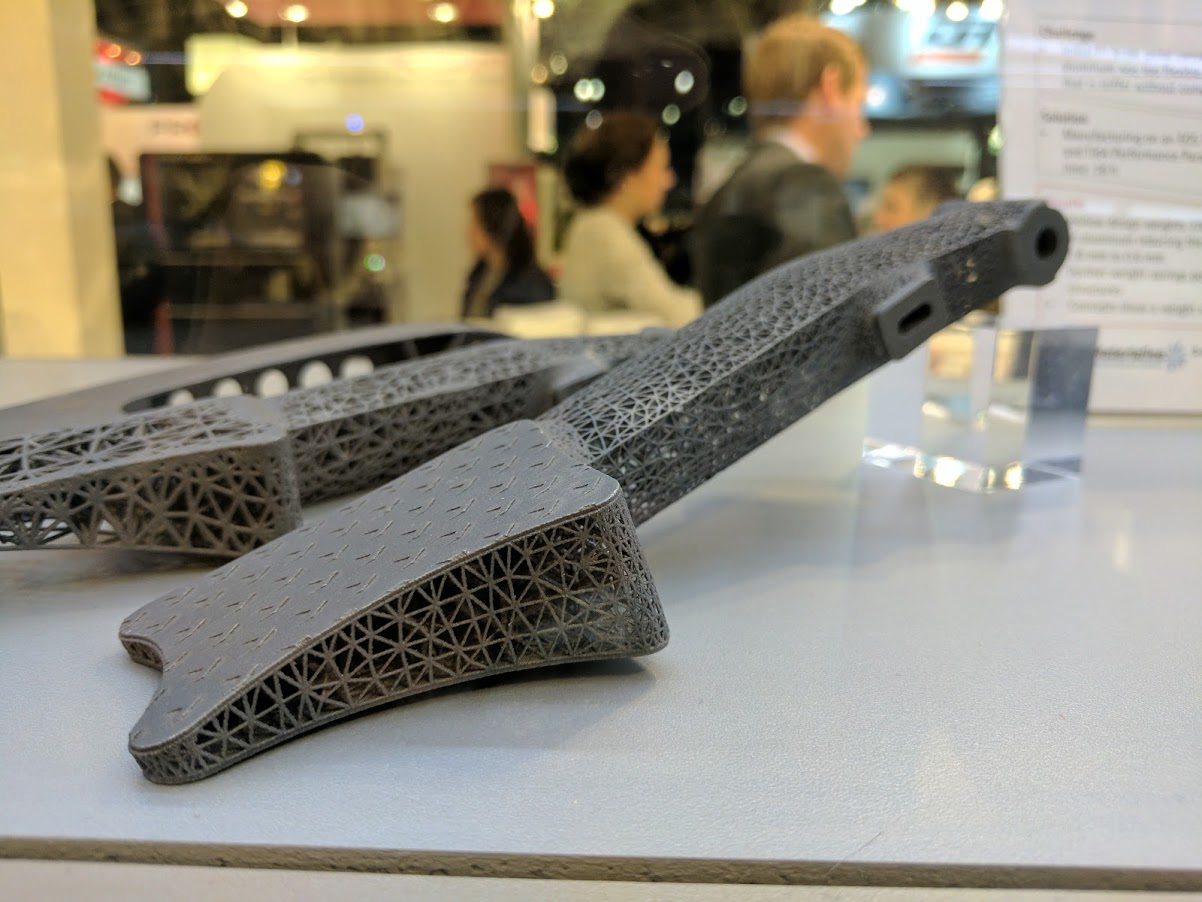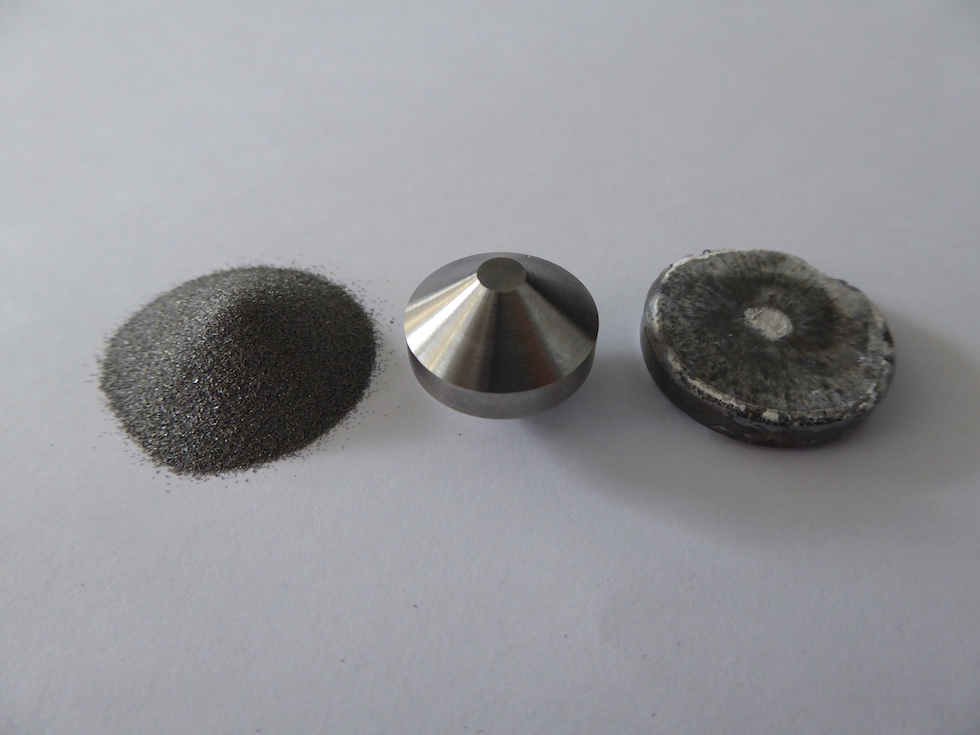New research from an advanced manufacturing consortium will produce cheaper, abundant titanium and 3D printing materials. The project aims to deliver a more efficient and cost effective process of creating titanium. FAST-forge is an initiative funded by Innovate UK, the UK’s innovation agency who believe additive manufacturing will contribute over $1 billion to the UK economy by 2020.
The FAST-forge project brings together Safran Landing Systems, the University of Sheffield, the University of Strathclyde’s Advanced Forming Research Center (AFRC) and Metalysis. Readers of 3DPI will be familiar with Safran as partners in the CFM joint aviation venture with GE. Their 3D printing enabled CFM LEAP-1C engine is now approved by the Federal Aviation Administration (FAA) and the European Aviation Safety Association (EASA).
As 3D Printing Industry reported, Metalysis are working on the production of spherical metal powder for metal 3D printing using inputs that cost $2.50/kg rather than the current $70. If successful this would make production in titanium a substantially more competitive option. Safran Landing Systems “will manage the project, provide the specifications for the component, test it and assess where else the process could be applied to their products.”
Safran’s Sam Evans said,
This project has the potential to diversify the supply chain of titanium, allowing its use to continue in current products, as well as allowing its introduction into areas where it has not previously been feasible.

Entering the Titanium Age
Metalysis will provide Titanium for the FAST-forge venture: planned for completion by mid-2018. Based in Sheffield, in the North of the United Kingdom, Metalysis hold the global rights to the Fray, Farthing, Chen (FFC) Cambridge method for producing titanium and other metal alloys. The FFC process for creating titanium claims to be more efficient than existing options, further details are available here.
The FAST-forge Process
The FAST-forge system has three steps.
First, titanium powder is produced from rutile sand. Rutile sand is an inexpensive natural source of titanium oxide and readily available.
Secondly, Field-Assisted Sintering Technology (FAST) is used to rapidly heat the powder. FAST, also known as Spark Plasma Sintering (SPS) or Pulsed Electric Current Sintering (PECS) has applications in the production of dense metal and ceramic components. Using an electric current, pre-sintered, or green, parts undergo densification, this allows processing to be undertaken at lower temperatures than sintering in a furnace or kiln.
Finally, a forging process is used to produce the shape and structure of a specific component.
Not only is this process more efficient, say the consortium, the three-step technique provides enhanced flexibility in the fabrication of titanium components. FAST-forge is a, “new process for the production of aerospace grade titanium alloys” according to academic partner, the Department of Materials Science and Engineering at the University of Sheffield.

The FAST-forge research could have significant impact on the aerospace industry. The possibility to use lightweight yet stronger materials has great appeal and the promise of cost-savings. The project could reduce the cost of forging titanium for aerospace components to less than a third of the current cost and cut waste. FAST-forge opens up possibilities for titanium in areas where it is currently priced out.
AFRC chief executive Michael Ward explains how this will strengthen the UK’s influence in the aerospace industry,
Cheaper titanium from the FAST-forge process will protect the UK’s position as the second-largest global aerospace manufacturer, with potential to grow our share of the market as the sector grows over the next 20 years. It will mean the supply chain staying and expanding in the UK with more high-value jobs as a result.
The market for titanium metal powder
Metalysis are also making inroads into the production of metal powders for 3D printing. This is an industry where GE’s recent acquisition Arcam AB are active. When 3DPI spoke to Arcam’s CEO, Magnus Rene, he explained how with their spherical metal powder production facilities at AP&C, “we own more than 50% of the titanium powder market for additive. Maybe we own 70% of the market.”
Competition in the metal powder market is intensifying with billion dollar metal specialist Alcoa’s announcement last year that they will focus on the production of materials for metal 3D printing through their Arconic venture. As a newly formed separate company, Arconic has opened a $60 million metal powder production facility in Pittsburgh. The plant will, “produce industrial volumes of aluminum, nickel and titanium powders for 3D printing customers.”
Featured image shows Safran’s Landing gear which will test the application of FAST-forge titanium. Photo via Safran Group.


